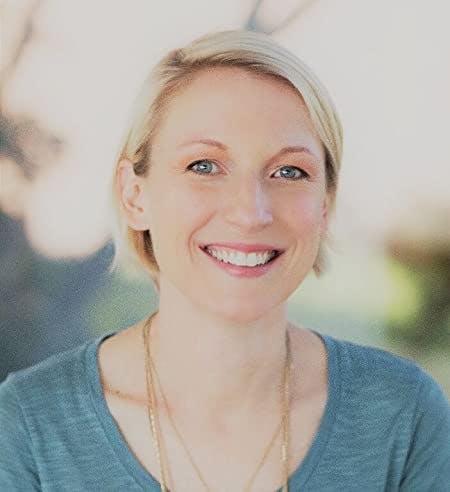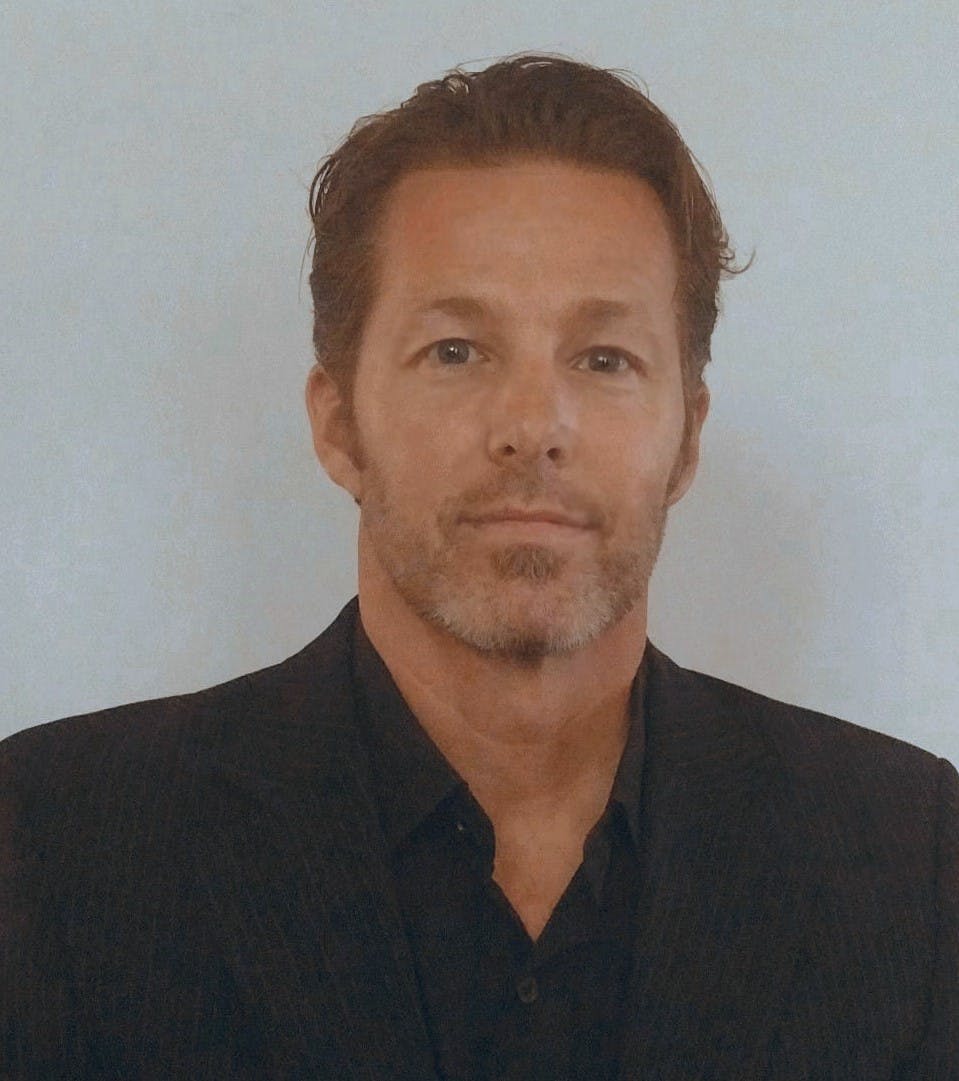For Better Spending Habits, Focus on Needs, Not Strategies
Working for a major financial firm, we were recently asked, “What single behavioral science principle is most harmful to people’s financial behaviors?” While there's a lot of competition on that list, we think the top spot goes to present bias.
Present bias, also known as hyperbolic discounting, is our tendency to focus more on immediate rewards, experiences, and consequences than on those in the distant future. A cousin of immediate gratification, this bias helps explain why we put off creating an estate plan, don't think we need life insurance while we're alive, and make impulsive purchases we subsequently regret.
It's this last point about regret that we want to explore in more detail. We’ve all heard that money is a leading cause of friction in romantic relationships.1 This friction typically comes from a mismatch between spending patterns and priorities among partners. For single folks as well, most of us could use some help spending more mindfully. With inflation running high and the markets low, it’s a great time to look to behavioral science research for ideas on how to spend more wisely. As a first step, let’s start with what the research shows us doesn't work.
References
- Holland, K. (2015, February 4). Fighting with your spouse? It's probably about this. CNBC. https://www.cnbc.com/2015/02/04/money-is-the-leading-cause-of-stress-in-relationships.html
- Newcomb, S. (2016). Loaded: Money, psychology, and how to get ahead without leaving your values behind. Hoboken, NJ: Wiley.
- Rosenberg, M. B. (2015). Nonviolent Communication: A Language of Life (3rd ed.). Puddle Dancer Press.
- Needs inventory. (2005). Center for Nonviolent Communication. https://www.cnvc.org/training/resource/needs-inventory. Website: www.cnvc.org. Email: cnvc@cnvc.org. Phone: +1.505-244-4041.
About the Authors
Laurel C Newman, Ph.D.
Laurel Newman is a social psychologist and an applied behavioral scientist. She began her career as a psychology professor and department chair at Fontbonne University, leaving academia in 2018 to help create a behavioral science function at Maritz. Laurel consults, conducts research, and delivers corporate behavioral science curricula. She writes articles and books on topics such as employee engagement and how to build a behavioral science function within an organization. Laurel has a Ph.D. in Social and Personality Psychology from Washington University in St. Louis. She works in the Experience Center of Expertise at Edward Jones and is co-founder and advisor to the employee loyalty startup Whistle Systems.
Michael Callahan, B.Sc, CFP®, CIM, CHS
Michael Callahan is a Senior Strategist for Edward Jones Canada, where he develops advice and guidance for Canadian investors. Prior to joining Edward Jones in 2022, Michael worked with several wealth management firms and education providers. Michael is passionate about behavioral finance and economics, and his philosophy is to focus on investor behaviour as the dominant determinant of real-life investment success. He earned his bachelor's degree from Memorial University of Newfoundland, and holds the Certified Financial Planner (CFP®), Chartered Investment Manager (CIM®), and Certified Health Specialist (CHS) designations.
About us
We are the leading applied research & innovation consultancy
Our insights are leveraged by the most ambitious organizations
“
I was blown away with their application and translation of behavioral science into practice. They took a very complex ecosystem and created a series of interventions using an innovative mix of the latest research and creative client co-creation. I was so impressed at the final product they created, which was hugely comprehensive despite the large scope of the client being of the world's most far-reaching and best known consumer brands. I'm excited to see what we can create together in the future.
Heather McKee
BEHAVIORAL SCIENTIST
GLOBAL COFFEEHOUSE CHAIN PROJECT
OUR CLIENT SUCCESS
$0M
Annual Revenue Increase
By launching a behavioral science practice at the core of the organization, we helped one of the largest insurers in North America realize $30M increase in annual revenue.
0%
Increase in Monthly Users
By redesigning North America's first national digital platform for mental health, we achieved a 52% lift in monthly users and an 83% improvement on clinical assessment.
0%
Reduction In Design Time
By designing a new process and getting buy-in from the C-Suite team, we helped one of the largest smartphone manufacturers in the world reduce software design time by 75%.
0%
Reduction in Client Drop-Off
By implementing targeted nudges based on proactive interventions, we reduced drop-off rates for 450,000 clients belonging to USA's oldest debt consolidation organizations by 46%





















